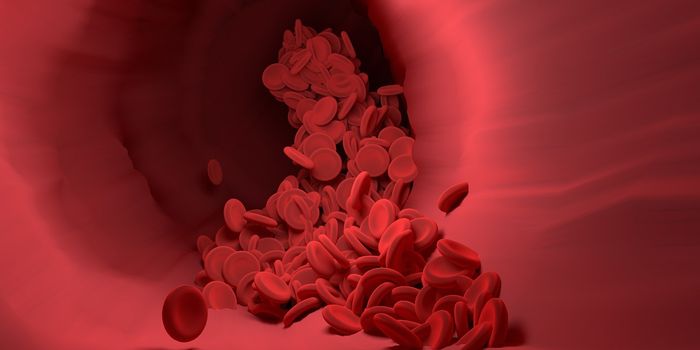Heart Attacks Without The Risk
Following a heart attack, as the heart heals, scar tissue forms. This issue is less flexible than healthy heart tissue and may encumber the heart's ability to pump blood effectively. Damage of this kind may even lead to heart failure later on.
This is concerning because, according to the Centers for Disease Control and Prevention (CDC), someone in the United States experiences a heart attack every 40 seconds. A heart attack occurs when a blockage disrupts blood flow to the heart, suddenly halting normal function.
Although several methods are employed to help patients recover post-heart attack, there is no way to reverse this type of damage once incurred.
This problem has led to a new study from the University of Guelph, in which researchers are testing methods to prevent the formation of scar tissue in the first place.
The study, which has been published in Nature Communications Biology, utilizes a research drug called SR9009, which targets the circadian clock.
Also known as the body clock, the circadian clock controls a number of mechanisms within the heart. One such mechanism is the heart's response and healing following a heart attack.
Using the drug, SR9009, researchers were able to block the expression of genes known to trigger immune responses on the heart. These immune responses are responsible for the inflammation and damage to the tissue that then scars as it heals.
When SR9009 was administered to mice, researchers noted less inflammation and improved repair of the heart tissue. Scientists were shocked to find that it was almost as if the mice had not experienced a heart event at all. This finding means people may be able to survive heart attacks because the heart will not incur damage from the event.
This treatment and other circadian focused therapies could have far-reaching benefits for not just heart attacks but also traumatic brain injuries and stroke in the future.
The video above, from Lee Health, discusses the current recommendations for patients post-heart event.
Sources: Lee Health, Nature










